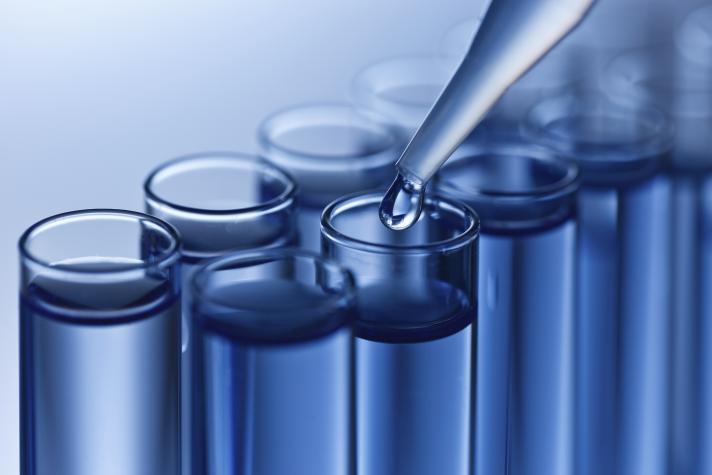Authorities like the Alliance for the Prudent Use of Antibiotics and World Health Organisation warn of an emerging crisis if new antiobiotics are not found fast. Nature has delivered the ingredients for past discoveries like Alexander Fleming’s penicillin from mould. It can do it again, as advances in technology and new understanding of marine biology merge to deliver pioneering ‘blue biotech’ solutions.
Microalgae or the tiny – and tasty if you’re a whale – plankton suspended in our oceans are a promising source of organic material for new bioactive compounds. The Horizon 2020 EU-funded NOMORFILM project is investigating how these compounds act on bacterial pathogens and biofilm formation.
“Biofilm formation is especially important in bacterial infections and tissue inflammation related to implants and catheters,” explains Sara Soto González, Associate Research Professor at Institut de Salut Global de Barcelona, Spain.
Aggressive antibiotic treatment is required, which is costly and less and less effective as resistant bacterial strains take hold. In many cases, implants need to be removed and replaced, altogether costing from EUR 50 000-90 000 per infection episode. Biofilm-related infections in prosthetic devices like this affect more than 4.1 million patients a year!
“Taking both problems into account, the search for new antimicrobial agents effective against bacteria in both the planktonic and biofilm stage is a priority in clinical practice today,” stresses Soto González, who coordinates research among NOMORFILM’ 15 partners in nine EU countries.
Coatings, drugs, devices … many applications
More than 36 months in the 48-month project, some 500 microalgae species have been harvested and studied at the molecular level for their antibacterial and antibiofilm activity. Preliminary results show some promising new molecules which are now being toxicity tested. And several are already being patented.
Any new bioactive compounds ultimately developed in the project could be used as a coating for orthopaedic implants and bone fusions, and to treat fractures against potential infection. Other applications being explored include drug delivery, treated sensors and medical diagnosis, as well as food, water and air filtering and purification.
According to the team, this innovative approach to tackling biofilm formation has significant commercial potential. Hospitals worldwide could benefit from new antimicrobial coatings to tackle their growing costs and improve medical outcomes.
The blue biotech bonus
One the challenges facing the team, and the blue biotech sector in general, is how to source or produce industrial-scale volumes of the promising microalgae strains given diverse environmental conditions across Europe. This has been tackled by one of the SMEs in the consortium, which developed a new system for optimising photobioreactors used to grow the microalgae according to prevailing ocean conditions around Europe.
“This tackled current bottlenecks in microalgae cultivation and the efficient production of high-value compounds,” says Soto González. And it turned a weakness into a strength, as it inspired commercially-attractive blue biotech solutions.
“The confluence of clinical and blue biotechnology objectives in this project are helping to build EU leadership in the marine biotechnology industry, and pave the way for pioneering work on biorefineries in which no competitors currently exist,” the coordinator reveals.
The new antibacterial and antibiofilm compounds developed under NOMORFILM will drive scientific progress, which will in turn spur on the EU blue biotech industry and promote jobs and growth in emerging sectors.
More info
NOMORFILM H2020 project (GA 634588): www.nomorfilm.eu
EU Blue Growth Strategy: https://ec.europa.eu/assets/mare/infographics/
Sara Soto González, ISGlobal, explains the project: https://www.isglobal.org/en/video/-/asset_publisher/fXC2c747BWmd/content/sara-soto-explica-el-proyecto-nomorfilm

